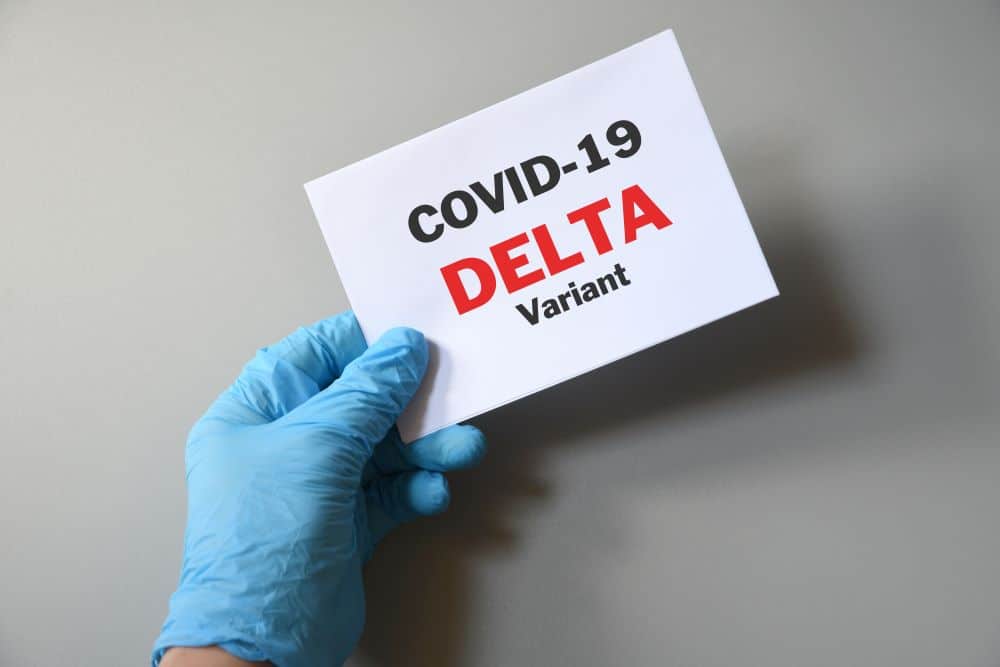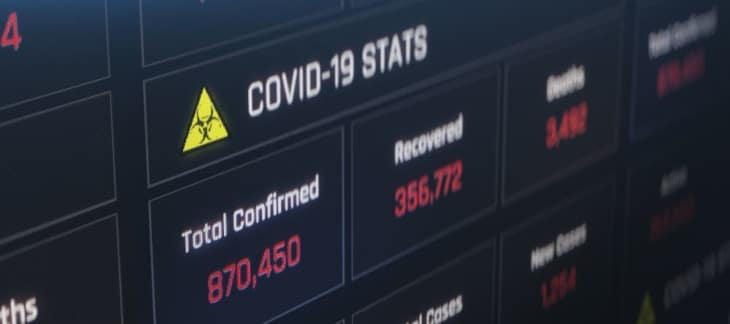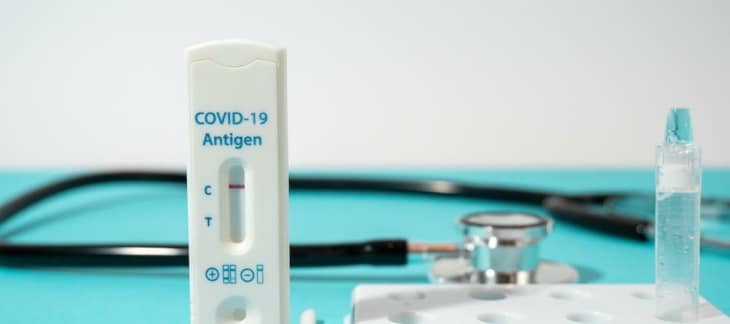After a long time of uncertainty and pandemic, the coronavirus vaccines had brought hope and peace, and people had started to go back to their normal activities, to stop wearing their masks and have confidence in going out to the world again. Unfortunately, in many countries, cases of COVID have begun to rise again, and one of COVID’s variants seems to be responsible for these cases. Therefore, the question has risen regarding if coronavirus vaccines will be effective against variants.
What are COVID variants?
There are many different variants of COVID circulating around the world. Viruses are in constant mutation, and normally those changes do not represent significant consequences, but in certain cases, those mutations can be more infectious or threatening.
Currently, there are four main mutations of the virus that cause the most concern, which are the following:
- Delta variant: It is currently causing 99% of the new COVID cases in the UK, and most of the cases in other countries around the world.
- Alpha variant: It has spread to more than 50 countries and seems to be mutating again.
- Beta variant: It was first identified in South Africa, but it has been detected in more than 20 countries.
- Gamma variant: It was first identified in Brazil, but it has also spread to many other countries. (BBC, 2021)
Until now, there is no evidence of these variants being more harmful than the original variant for most people, but there are statistics showing they might be more infectious and might lead to sickness or death in the unvaccinated population.
Are coronavirus vaccines effective against variants?
The exact percentage of effectiveness of the current vaccines against the variants of the virus is still unclear and being studied, nonetheless, studies made by The New England Journal of Medicine (2021) report the following results for the new variants:
The Pfizer BioNTech vaccine reported an effectiveness of 93.7% against the alpha variant, and an 88% effectiveness against the delta variant. Pfizer’s vaccine shows at least 50% effectiveness or more against all four of the currently strongest variants. Moderna vaccine uses very similar technology to that of Pfizer’s vaccine, therefore, a similar effectiveness percentage is expected.
Johnson & Johnson’s vaccine has proven to be highly effective as well, with a 52% efficacy in South Africa, where 95% of the cases were caused by Beta variant.
The AstraZeneca vaccine reported an effectiveness of 74.5% for the alpha variant, and 67% for the delta variant. (Forbes, 2021)
Keep in mind that these percentages are reported after both doses of the vaccine. Therefore, it is extremely important that you get vaccinated with both doses as soon as possible, since it is the best way of protecting your health and that of the people around you.
Having read the statistics of effectiveness of each of the vaccines, you can see that they are still the best option to protect your health. Vaccines offer high protection against COVID, including the illness caused by the strongest variants so far; both doses will protect you from severe illness and the probability of death highly decreases.
Nonetheless, none of the vaccines have a 100% efficacy percentage, not even against the original form of the virus, so the public health advice is to keep on respecting the protective measures. Keep washing your hands regularly, wearing your mask, and keeping your distance, and get both doses of the vaccine as soon as possible.
Although the vaccine has allowed us to go back to certain activities, keep in mind that you still must be careful. At Formé, taking care of your health is our mission. If you are interested in learning more about all our COVID-related services (including immunization campaigns) contact us at 914 723 4900.







